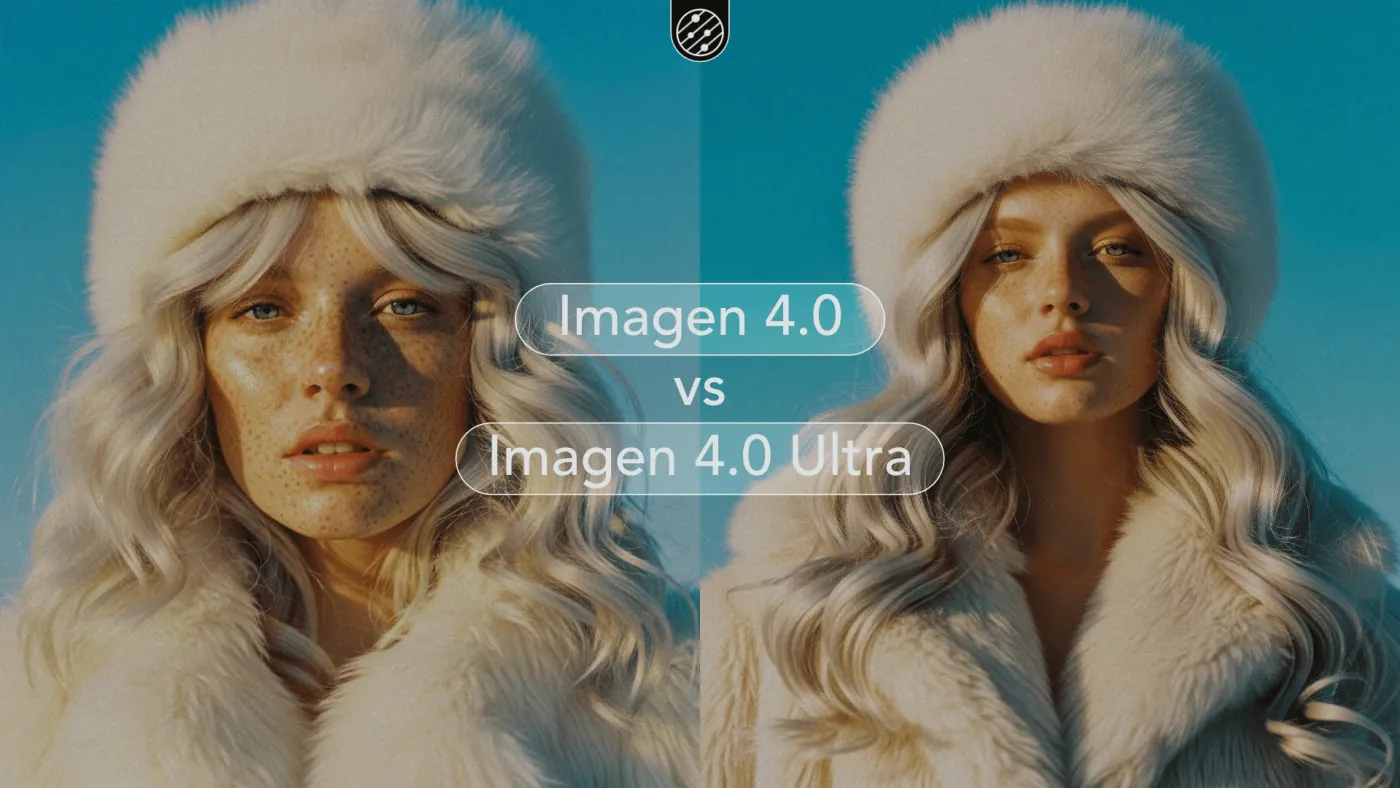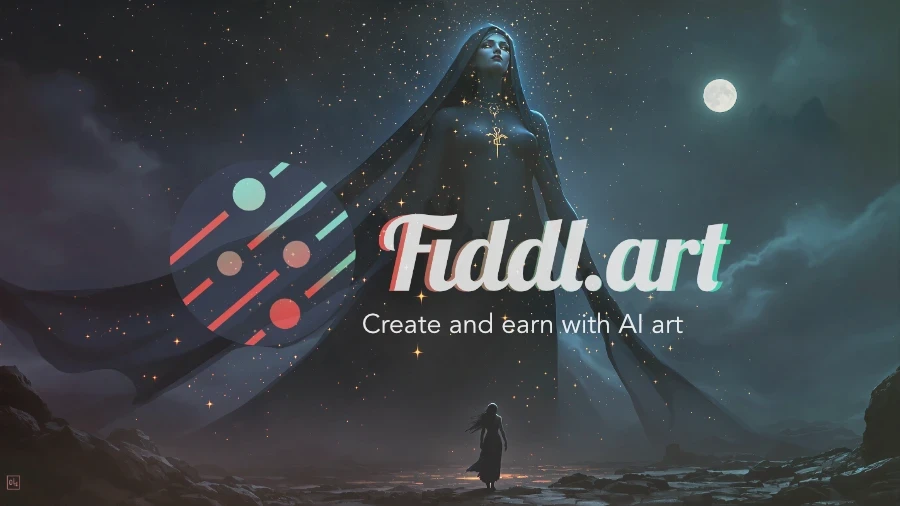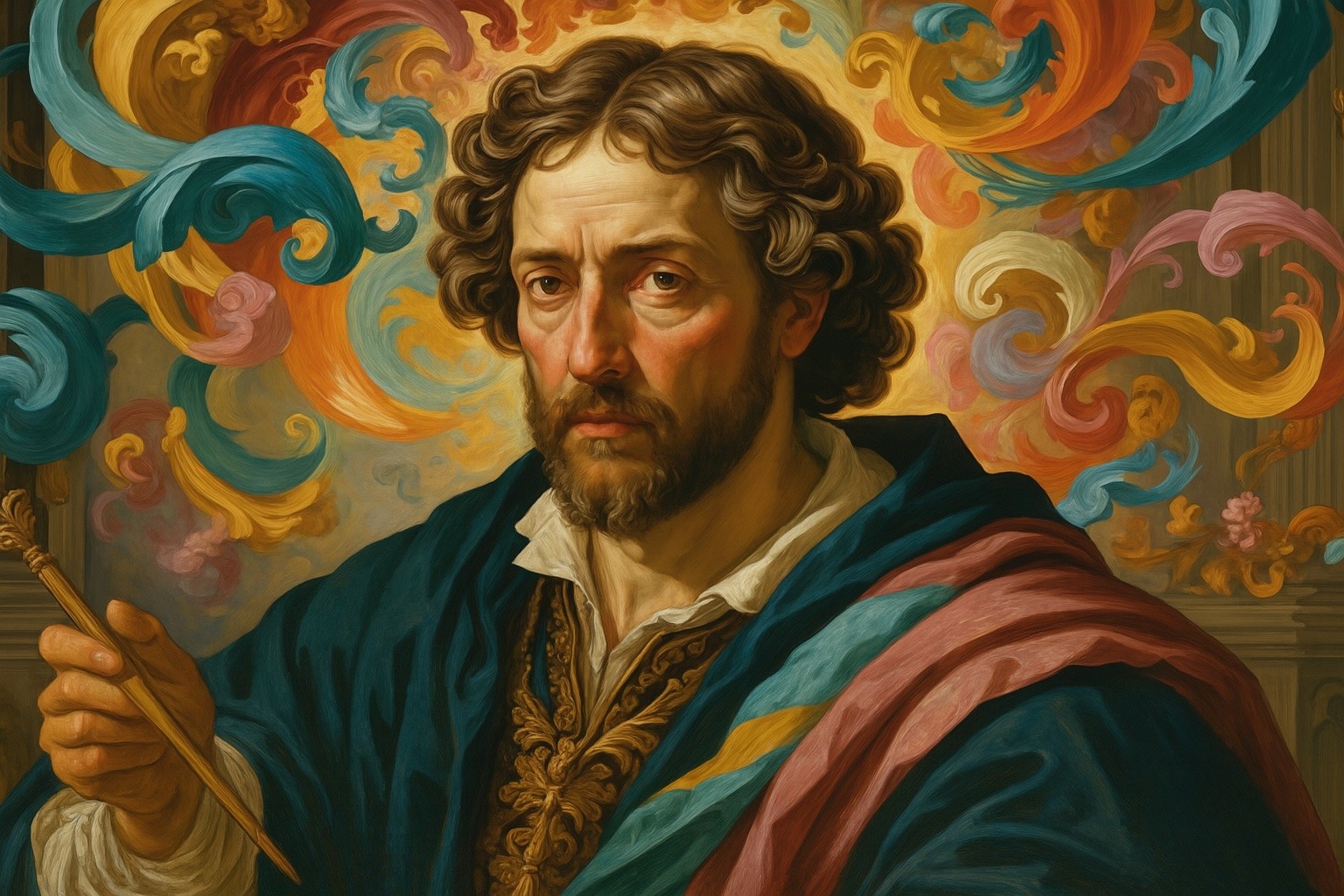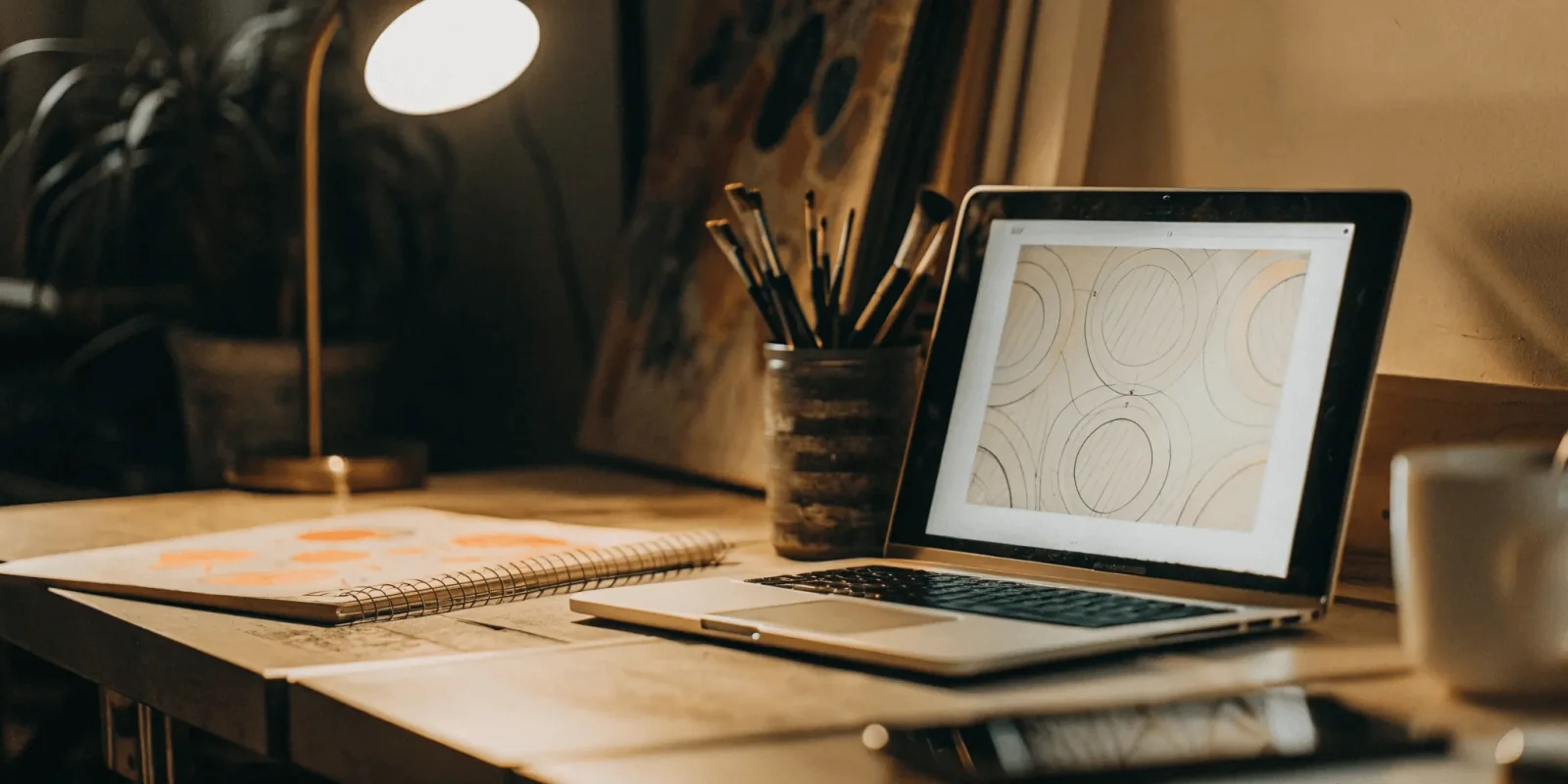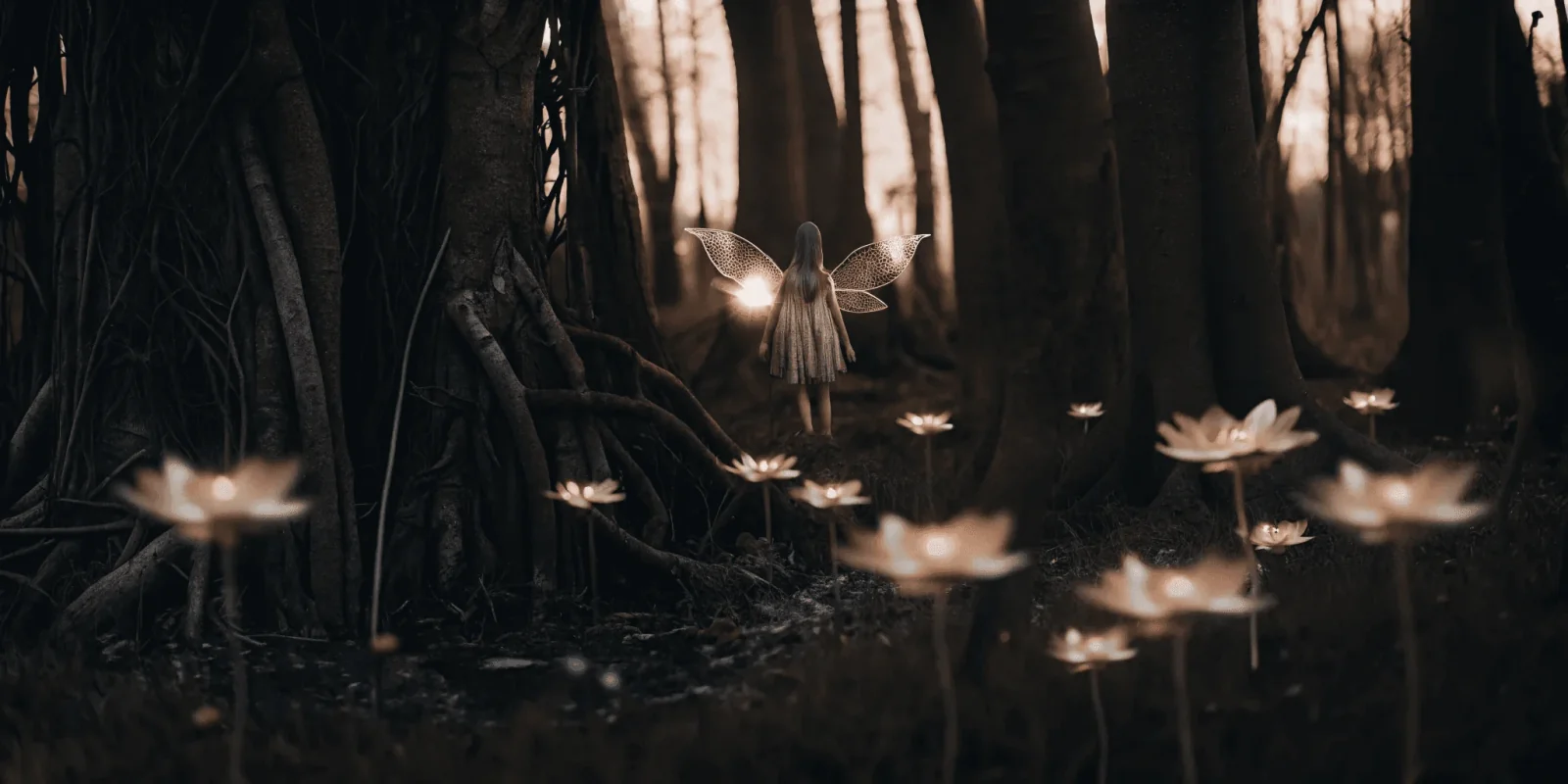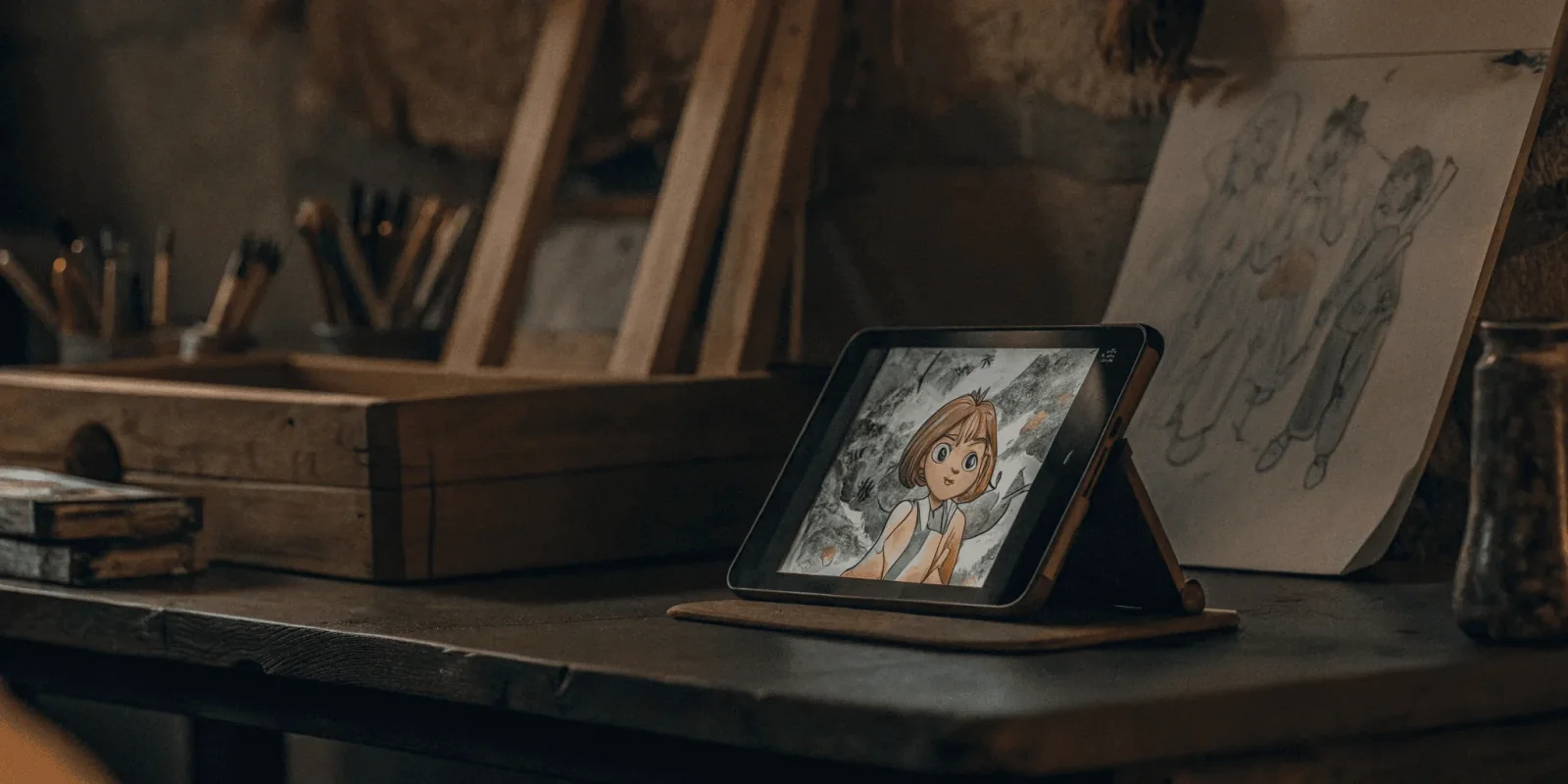When it comes to AI-generated art, Imagen 4 Ultra stands out for creators seeking unmatched realism and nuanced prompt interpretation. While Imagen 4 offers flexibility and speed for everyday projects, Imagen 4 Ultra elevates visual fidelity with sharper details, richer textures, and more polished outputs. This comparison explores each model’s strengths, helping artists and designers choose the right tool for their creative workflow.
Choosing Between Imagen 4 and Imagen 4 Ultra
Both Imagen 4 and Imagen 4 Ultra are powerful models capable of stunning visuals. Your choice depends on your creative goals: Imagen 4 excels in speed and literal interpretations, while Imagen 4 Ultra delivers refined, production-ready realism. For a deeper dive into model selection, see our guide on AI Models: How to Choose the Right One for Your Creative Needs.
Imagen 4 vs Ultra: Side-by-Side Comparison
| Feature | Imagen 4 | Imagen 4 Ultra |
|---|---|---|
| Realism | Strong | Exceptional, refined |
| Prompt interpretation | Literal | Nuanced, consistent |
| Conceptual prompts | Good | Excellent |
| Generation speed | Fast | Fast |
| Point cost on Fiddl.art | Lower | Higher |
| Best for | Exploration, control | High realism, final art |
Why Choose Imagen 4 Ultra?
Imagen 4 Ultra refines textures, depth, and emotional nuance far beyond base models. It captures subtle lighting, skin details, and atmospheric tone with professional polish. Ideal for portraits, editorial content, or conceptual storytelling, Ultra minimizes post-processing and delivers ready-to-use visuals. For portrait-specific prompts, explore 10 Imagen 4 Ultra Prompts for Stunning Portrait Photography.
How They Read Prompts: Literal vs Reliable
Imagen 4 responds literally to prompts, making it great for precise control over objects and scenes. Imagen 4 Ultra interprets abstract, poetic, or emotional language with more nuance, capturing mood and symbolism effectively. This makes Ultra better for stylized or atmospheric compositions where feeling matters as much as form.
In testing, the same conceptual prompt yielded a straightforward figure from Imagen 4 and an expressive, tonally rich scene from Ultra. For emotional or symbolic prompts, Ultra’s interpretive depth shines.
Handling Text in Images: A Design Advantage
Both models generate legible text within images—a rarity in AI art. This strength benefits designers creating mockups, packaging, or branded visuals where integrated typography matters. Imagen 4 and Ultra produce cleaner text elements than most alternatives, reducing the need for manual edits.
Cost vs Output: Balancing Creativity and Polish
Imagen 4 costs fewer Fiddl.art points, ideal for experimentation and iterative creation. Imagen 4 Ultra costs more but often saves time by delivering polished, final-ready art. A smart workflow uses Imagen 4 for exploration and Ultra for refinement. For more on cost-effective creative strategies, see AI Art Prompts for Beginners: Your Complete Starter Guide.
When to Use Each Model
Imagen 4
Use Imagen 4 when you need speed, predictability, or are working with precise, object-based prompts. It’s excellent for beginners and those exploring ideas without high point commitment. Its reliability across styles makes it a versatile daily driver.
Imagen 4 Ultra
Choose Imagen 4 Ultra for projects demanding realism, emotional depth, or professional quality. It excels in portraits, fashion, storytelling, and any work where subtlety and refinement matter. For examples of Ultra’s capabilities in landscapes, try 10 Imagen 4 Ultra Prompts for Stunning Landscape Photography.
Try Them on Fiddl.art
Both models are available on Fiddl.art. Switch between them in the Create interface to compare outputs and see which fits your vision. For the latest model updates and features, check our Development Update.
Frequently Asked Questions
What is the main difference between Imagen 4 and Imagen 4 Ultra?
Imagen 4 is faster and more literal, ideal for experimentation. Imagen 4 Ultra offers superior realism and nuance, better for final artwork.
Is Imagen 4 Ultra worth the higher cost?
Yes, if you need polished, production-ready art. It reduces editing time and delivers higher fidelity results.
Which model is better for beginners?
Imagen 4 is more beginner-friendly due to its lower cost and predictable, literal interpretations.
Can both models generate text in images?
Yes, both handle text better than most AI models, making them useful for design work involving typography.
How do I switch between models on Fiddl.art?
In the Create interface, select the model dropdown and choose between Imagen 4 and Imagen 4 Ultra before generating.
